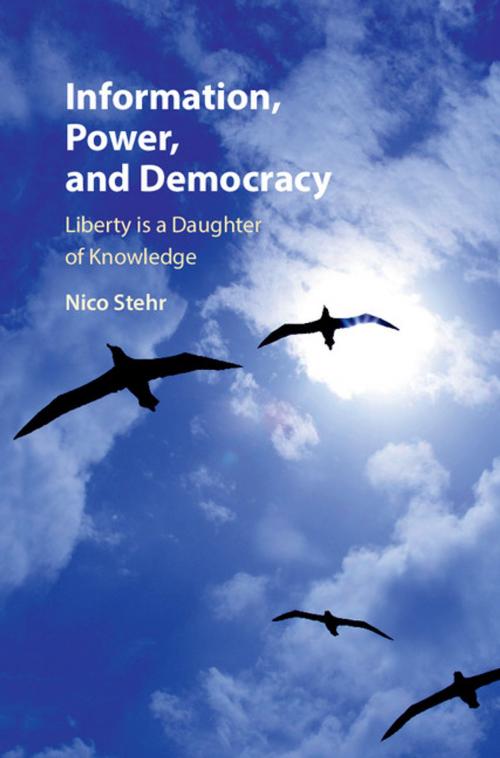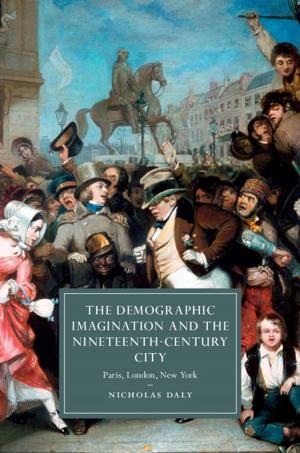Information, Power, and Democracy
Liberty is a Daughter of Knowledge
Nonfiction, Social & Cultural Studies, Political Science, Politics, History & Theory, Religion & Spirituality, Philosophy| Author: | Nico Stehr | ISBN: | 9781316467145 |
| Publisher: | Cambridge University Press | Publication: | November 12, 2015 |
| Imprint: | Cambridge University Press | Language: | English |
| Author: | Nico Stehr |
| ISBN: | 9781316467145 |
| Publisher: | Cambridge University Press |
| Publication: | November 12, 2015 |
| Imprint: | Cambridge University Press |
| Language: | English |
The link between liberty and knowledge is neither static nor simple. Until recently the mutual support between knowledge, science, democracy and emancipation was presupposed. Recently, however, the close relationship between democracy and knowledge has been viewed with skepticism. The growing societal reliance on specialized knowledge often appears to actually undermine democracy. Is it that we do not know enough, but that we know too much? What are the implications for the freedom of societies and their citizens? Does knowledge help or heed them in unraveling the complexity of new challenges? This book systematically explores the shifting dynamics of knowledge production and the implications for the conditions and practices of freedom. It considers the growth of knowledge about knowledge and the impact of an evolving media. It argues for a revised understanding of the societal role of knowledge and presents the concept of 'knowledge societies' as a major resource for liberty.
The link between liberty and knowledge is neither static nor simple. Until recently the mutual support between knowledge, science, democracy and emancipation was presupposed. Recently, however, the close relationship between democracy and knowledge has been viewed with skepticism. The growing societal reliance on specialized knowledge often appears to actually undermine democracy. Is it that we do not know enough, but that we know too much? What are the implications for the freedom of societies and their citizens? Does knowledge help or heed them in unraveling the complexity of new challenges? This book systematically explores the shifting dynamics of knowledge production and the implications for the conditions and practices of freedom. It considers the growth of knowledge about knowledge and the impact of an evolving media. It argues for a revised understanding of the societal role of knowledge and presents the concept of 'knowledge societies' as a major resource for liberty.















